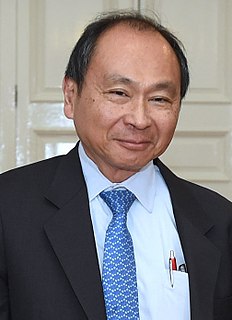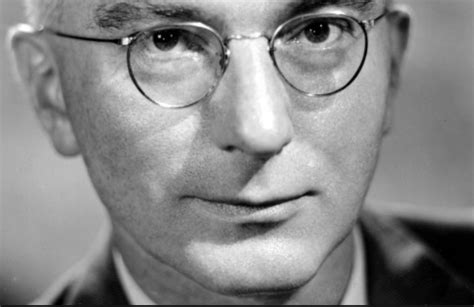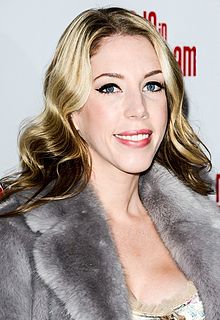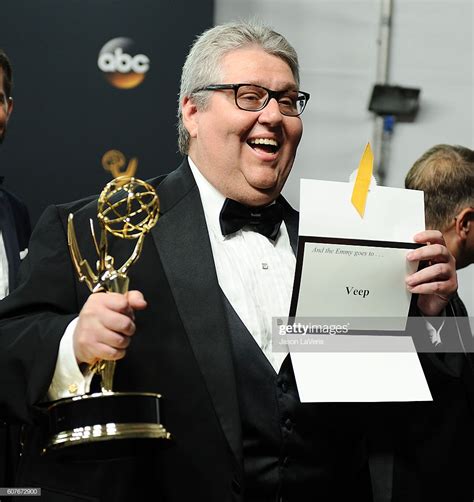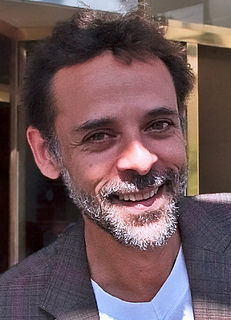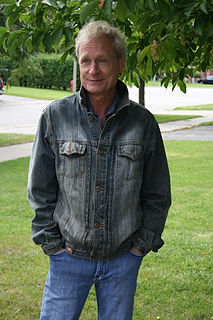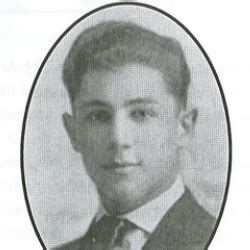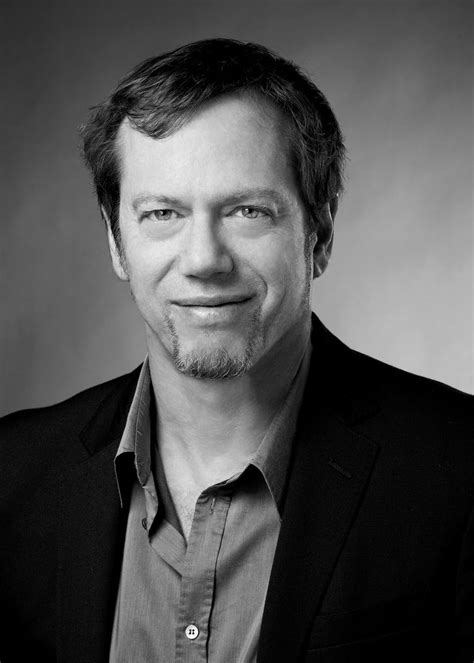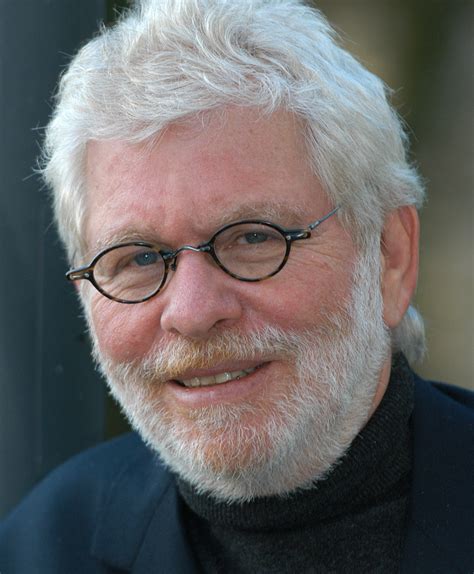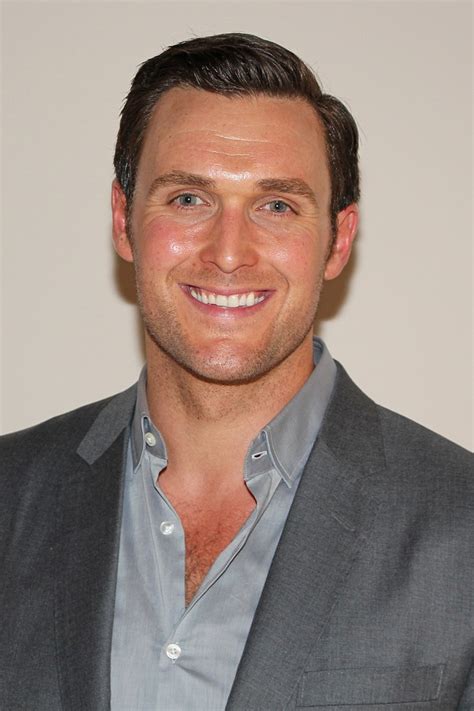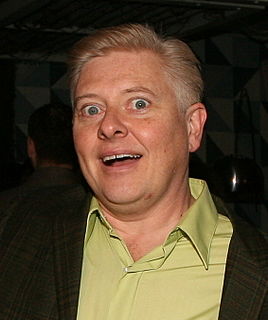Top 1200 Political History Quotes & Sayings - Page 6
Explore popular Political History quotes.
Last updated on December 20, 2024.
The defining moment in American economic history is when Bill Clinton lobbied to get China into the World Trade Organization. It was the worst political and economic mistake in American history in the last 100 years. China went into the World Trade Organization and agreed to play by certain rules. Instead, they are illegally subsidizing their exports, manipulating their currency, stealing all of our intellectual property, using sweatshops, using pollution havens. What happens is, our businesses and workers are playing that game with two hands tied behind their back.
Look, the United States doesn't have political parties. In other countries, take say Europe, you can be an active member of the political party. Here, the only thing in a political party is gearing to elections, not the other things you do. So it's basically, a way of making people passive, submissive objects.
The rise of a new kind of political science in the 1960s has been driving a wedge between political insiders and voters ever since. By turning voters into interest groups, it stopped establishment leaders from articulating a national narrative. It opened the way for Movement Conservatives to create today's political crisis.
Missing from much of the public debate is discussion of the simple fact that lurking behind every terroristic act is a specific political antecedent. That does not justify either the perpetrator or his political cause. Nonetheless, the fact is that almost all terrorist activity originates from some political conflict and is sustained by it as well.
Erasmus dramatizes a well-established political position: that of the fool who claims license to criticize all and sundry without reprisal, since his madness defines him as not fully a person and therefore not a political being with political desires and ambitions. The Praise of Folly, therefore sketches the possibility of a position for the critic of the scene of political rivalry, a position not simply impartial between the rivals but also, by self-definition, off the stage of rivalry altogether.
In the history of postwar German writing, for the first 15 or 20 years, people avoided mentioning political persecution - the incarceration and systematic extermination of whole peoples and groups in society. Then, from 1965, this became a preoccupation of writers - not always in an acceptable form.
Some people feel that it's controversial if I say that because my dad is known as a political artist. But I don't really believe that he was a political artist. I think some of his songs were political, and I think they were incredible because he was able to make art that was political and that wasn't pedantic. But I think he was unique in being able to do that.
We should emphasize not Negro History, but the Negro in history. What we need is not a history of selected races or nations, but the history of the world, void of national bias, race, hate, and religious prejudice. There should be no indulgence in undue eulogy of the Negro. The case of the Negro is well taken care of when it is shown how he has far influenced the development of civilization.
Climate change should not fundamentally be seen as a political or partisan issue, but it has been turned into a political football primarily by the climate deniers who have a vested interested in maintaining the status quo. That includes certain industrial interests, financial interests and political interests.
I have to throw in on a personal note that I didn't like history when I was in high school. I didn't study history when I was in college, none at all, and only started to do graduate study when my children were going to graduate school. What first intrigued me was this desire to understand my family and put it in the context of American history. That makes history so appealing and so central to what I am trying to do.
There's such an aggressively apolitical movement in the US that anything that smells of being political - even the term "political" is so ridiculous, when you think about it. The worst part of governing, the political side, is the grossest part, so that's what they call it. So anything that reeks of that immediately gets tuned out by 70 percent of the population.
There can be no effective control of corporations while their political activity remains. To put an end to it will be neither a short nor an easy task, but it can be done ... Corporate expenditures for political purposes, and especially such expenditures by public-service corporations, have supplied one of the principal sources of corruption in our political affairs.
We in America were worried about many problems dealing with economic inequality and political inequality. The Communist Party seemed to be the only political force, both concerned and willing, to take action to stop the threat of fascism abroad and to work for economic and political reform in this country.
Modern equalitarian societies whether democratic or authoritarian in their political forms, always base themselves on the claim that they are making life happier. Happiness thus becomes the chief political issue -- in a sense, the only political issue -- and for that reason it can never be treated as an issue at all.
I do not claim to have any developed or sophisticated views in political philosophy, but I think that one of the lessons of the last few hundred years of history is that the greatest threat to human prosperity and well-being is fanaticism and intolerance, even in the name of apparently laudable goals.
I am a political human being. I have - that's one of my interests. I studied political science in college. I was actually going to get my Ph.D. in poli-sci. And a lot of my material from early on in my career dealt with politics, so I've always considered myself as somebody who enjoys political humor. So I'm not going to stop.

